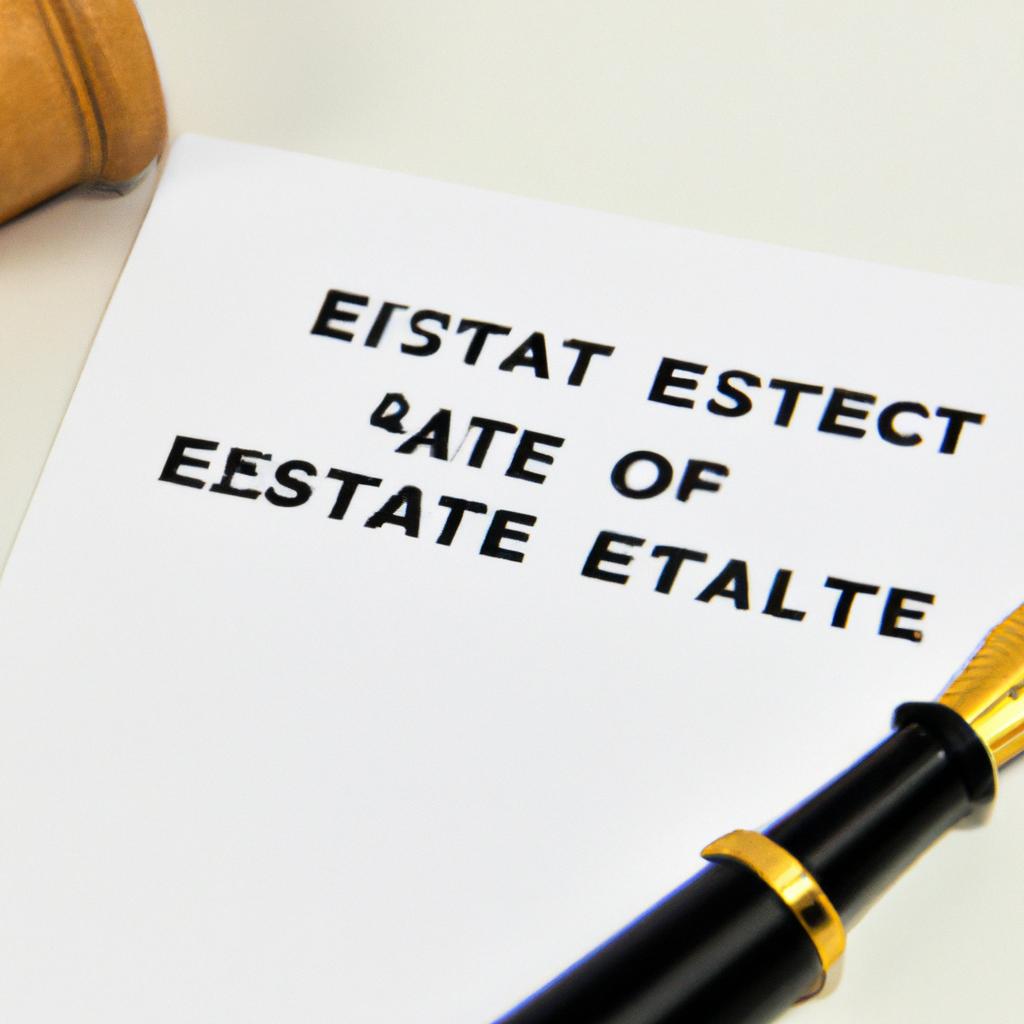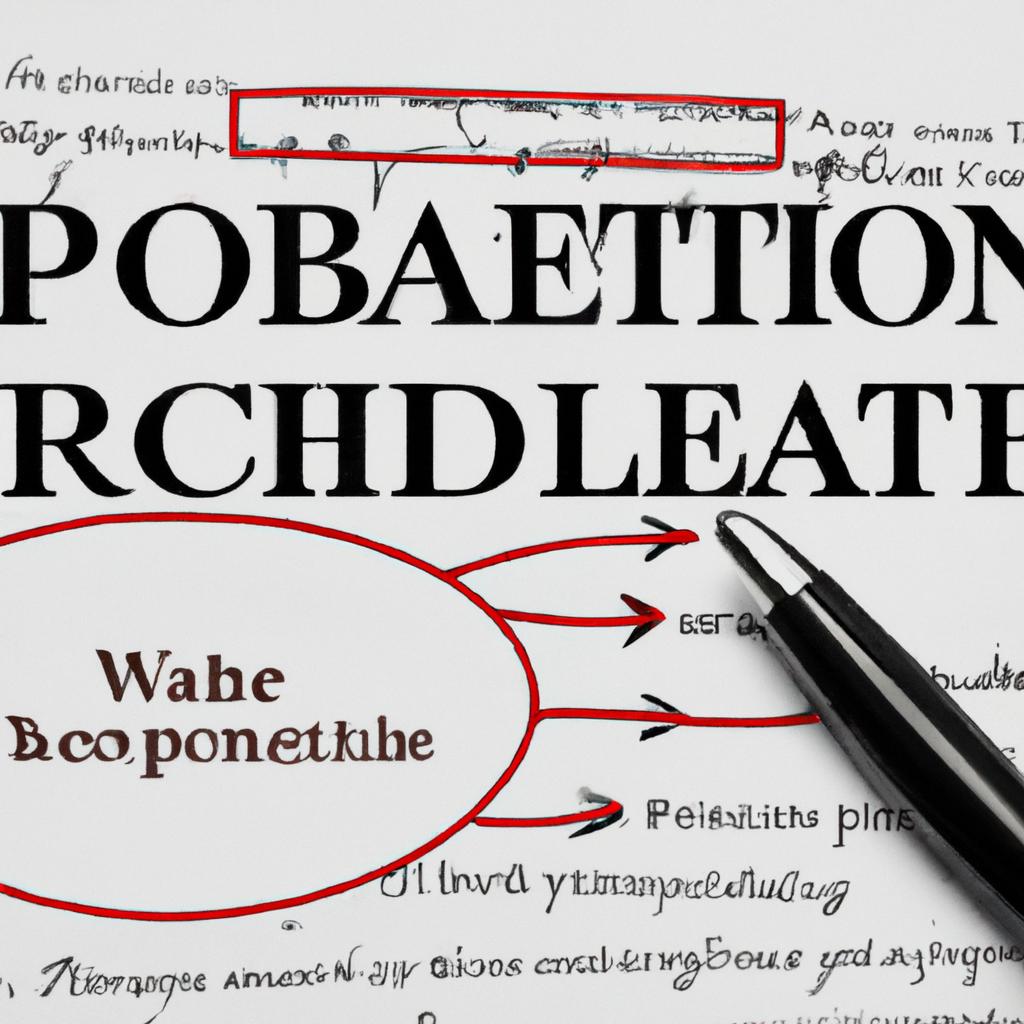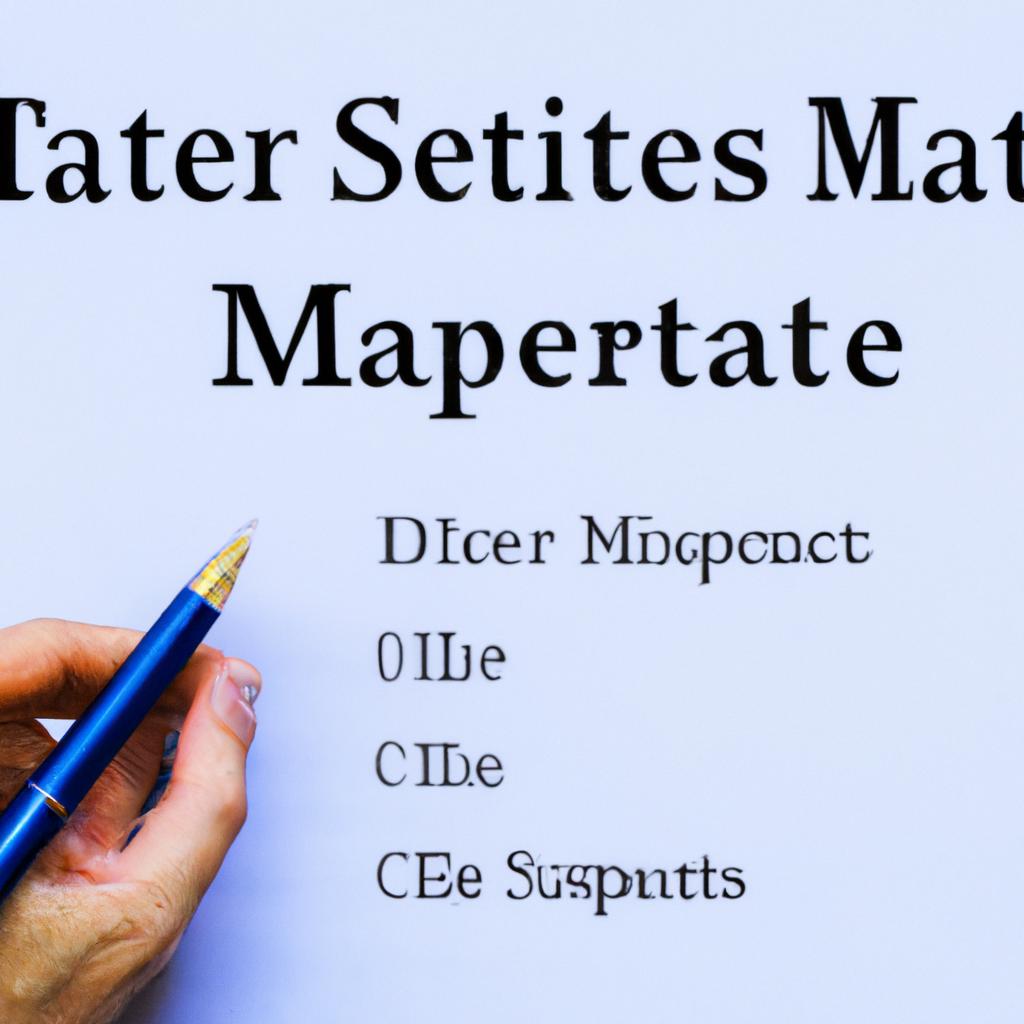When a loved one passes away, the aftermath can be overwhelming – both emotionally and legally. One of the common questions that arise during this difficult time is whether or not it is necessary to open an estate. At Morgan Legal Group in New York City, we understand the complexities of estate planning and probate law. In this article, we will discuss the circumstances in which opening an estate is required, the process involved, and the benefits of seeking legal guidance. Let us navigate through the legal intricacies together.
When is it required to open an estate after someone passes away?
There are specific circumstances when it is required to open an estate after someone passes away. Understanding these situations can help you navigate the legal process smoothly. Below are some common scenarios when opening an estate is necessary:
- Assets Need to be Distributed: If the deceased individual owned assets that need to be distributed to beneficiaries or heirs, opening an estate is typically required.
- Creditors Need to be Paid: If there are outstanding debts or bills left by the deceased, opening an estate may be necessary to ensure that creditors are paid from the deceased’s assets.
| Scenario | Requirement |
|---|---|
| Assets Need to be Distributed | Required |
| Creditors Need to be Paid | Required |
It is important to consult with an experienced estate planning attorney to determine if opening an estate is necessary in your specific situation. Failure to open an estate when required can lead to legal issues and complications down the road. At Morgan Legal Group, we specialize in estate planning and probate law and can provide guidance on navigating the estate administration process.

Key considerations for determining the need to open an estate
When someone passes away, there are several key considerations to determine the need to open an estate. One important factor to consider is whether the deceased had any assets solely in their name that need to be distributed to heirs or beneficiaries. Assets such as real estate, bank accounts, investments, and personal property may need to go through the probate process to ensure they are distributed according to the deceased’s wishes.
Another consideration is whether there are any outstanding debts or creditors that need to be paid from the deceased’s estate. Opening an estate can provide a structured way to address these financial obligations and prevent any issues with creditors down the line. Additionally, if the deceased had minor children or dependents, opening an estate may be necessary to appoint a guardian or conservator to manage their affairs. Consult with an experienced probate attorney to help you navigate the complexities of determining whether to open an estate when someone dies.

Understanding the complexities of the probate process
Opening an estate after someone passes away is not always required, but there are certain circumstances where it becomes necessary to navigate the complexities of the probate process. If the deceased individual had assets solely in their name, then it may be necessary to open an estate to transfer those assets to the rightful beneficiaries. Additionally, if there are outstanding debts or creditors seeking repayment, opening an estate can help ensure that these obligations are properly addressed.
One important factor to consider when determining whether to open an estate is the value of the assets left behind by the deceased. In some cases, the value of the assets may fall below a certain threshold, making probate unnecessary. However, if the deceased owned real estate, had significant financial accounts, or held valuable personal property, opening an estate may be the best course of action to ensure that these assets are distributed according to the law. It is crucial to consult with a knowledgeable probate attorney to assess the specific circumstances surrounding the deceased individual’s estate and determine the appropriate steps to take.
Recommended steps for handling estate matters efficiently
When a loved one passes away, it can be overwhelming to navigate the legal processes involved in handling their estate. However, following recommended steps can help streamline the process and ensure matters are handled efficiently. One key step is determining whether it is necessary to open an estate.
Opening an estate typically depends on various factors such as the value of the deceased individual’s assets, whether they had a will in place, and the state laws where they resided. In some cases, probate may be required to transfer assets to beneficiaries, while in others, assets may pass outside of probate. Consulting with an experienced estate planning attorney can provide guidance on the specific steps needed to handle estate matters effectively and ensure compliance with the law.
Q&A
Q: Do you have to open an estate when someone dies?
A: Yes, typically when someone dies, their estate must be opened in order to distribute their assets and settle any outstanding debts.
Q: What exactly does it mean to “open an estate”?
A: Opening an estate involves filing paperwork with the court to officially appoint someone to handle the deceased’s affairs, including distributing their assets and paying off any debts.
Q: Who is responsible for opening an estate?
A: Usually, a family member or appointed executor will take the lead in opening the estate and following the necessary legal procedures.
Q: Are there any circumstances in which you may not have to open an estate?
A: In some cases, if the deceased had very few assets or their assets were jointly owned with a spouse, it may not be necessary to open an estate. However, it is always best to consult with an attorney to determine the best course of action.
Q: What are the potential consequences of not opening an estate when someone dies?
A: Failure to open an estate can result in legal complications, such as disputes over inheritance or unresolved debts that could negatively impact surviving family members.
Q: How long does it typically take to open and close an estate?
A: The timeframe for opening and closing an estate can vary depending on the complexity of the deceased’s affairs and any potential disputes that may arise. It can take anywhere from a few months to several years to fully settle an estate.
Key Takeaways
In conclusion, navigating the complexities of probate and estate administration can be a daunting task, especially when dealing with the loss of a loved one. While the laws vary depending on jurisdiction, understanding your legal obligations and seeking professional advice can help alleviate some of the stress during this difficult time. Remember, it is always best to err on the side of caution and consult with legal counsel to determine whether opening an estate is necessary in your situation. Ultimately, taking the necessary steps to ensure that your loved one’s affairs are properly settled is a crucial part of honoring their memory and providing closure for yourself and your family.


